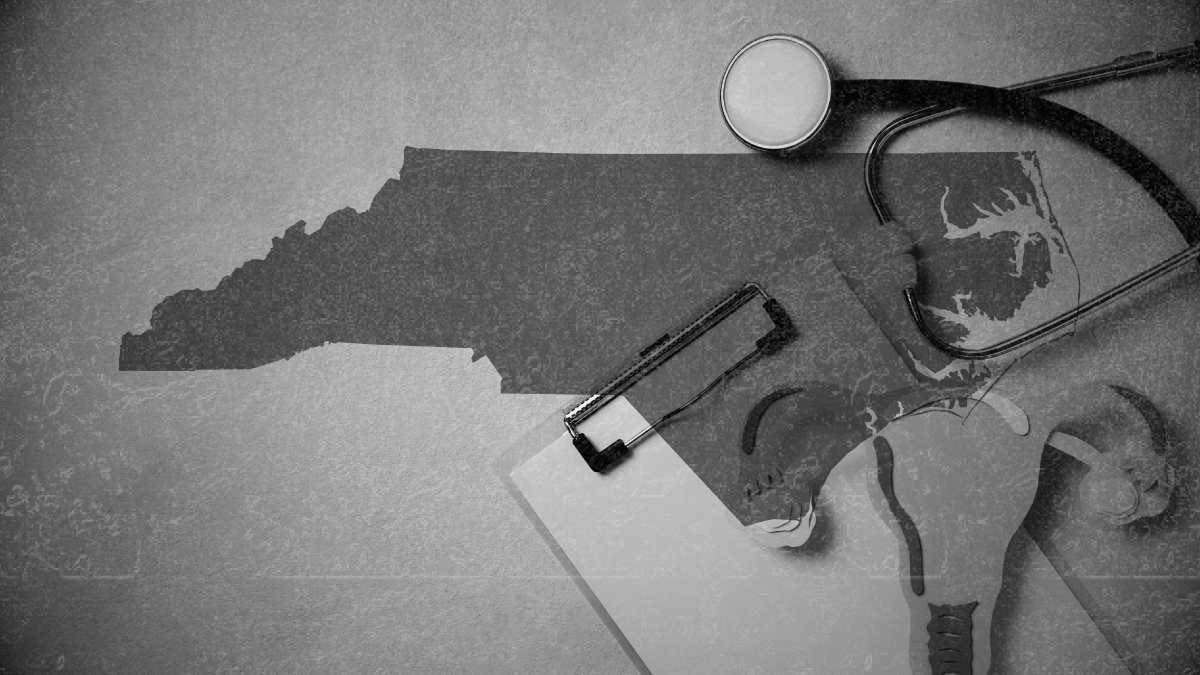Source: NC Newsline
Two years after the Supreme Court’s decision to overturn Roe v. Wade, a new national women’s health scorecard released by the Commonwealth Fund reveals mounting disparities in women’s health and reproductive care across the nation.
The “2024 State Scorecard on Women’s Health and Reproductive Care” offers a comprehensive examination of women’s health care access, quality, and outcomes amongst all 50 states and the District of Columbia.
“Based on the evidence and data, one thing is absolutely clear, women’s health is in a very fragile state,” said Dr. Joseph Betancourt, president of the Commonwealth Fund, during a press briefing.
“There are stark disparities in women’s access to quality health care among states across racial, ethnic, and socioeconomic lines. Those inequities are longstanding, no doubt, but recent policy choices and judicial decisions restricting access to reproductive care have and may continue to exacerbate them.”
Mississippi, Texas, Nevada, and Oklahoma were amongst the poorest-performing states overall for women’s health care.
For North Carolina, the state was ranked 33rd in women’s health and reproductive care outcomes. In terms of maternal health, North Carolina’s rates for maternal deaths while pregnant and infant mortality were both above the national average.
NC Newsline reports that abortion bans have had an impact on the care that women receive. Maternity deserts, a county that has no hospital or birth center offering obstetric care and/or no obstetric providers, has also left over 5 million women without crucial women’s health care access.
“A clear pattern in the study is, states that have had abortion restrictions prior to Dobbs rank lower and a lot of our measures, including having adequate numbers of maternal health care providers,” stated Sara Collins, the Commonwealth Fund’s vice president for health care coverage and tracking health system performance, during the press briefing.
“We’re seeing post-Dobbs the effect that decision is having on states delivery systems. We’re seeing lower residency applications in states with abortion bans from new medical students.”
Following the passage of the Republican-led 12-week abortion ban in 2023, North Carolina became one of many states that saw a decrease in medical students considering programs.
Weeks ahead of the controversial passage, medical students joined doctors and medical professionals across the state who sounded the alarm about the harmful impact of erasing the crucial reproductive health care option.
The attacks by Republicans, and regressive health care laws come amid a growing shortage, in which the U.S. could see a shortage of 54,100 to 139,000 physicians by 2033 – leaving millions more patients without crucial providers.
“While some states undoubtedly are championing women’s continued access to vital health and reproductive services, many others are failing to ensure that women can get and afford the health care they need,” stated Betancourt.
“The failure is having a disproportionate impact on women of color and women with low incomes.”





